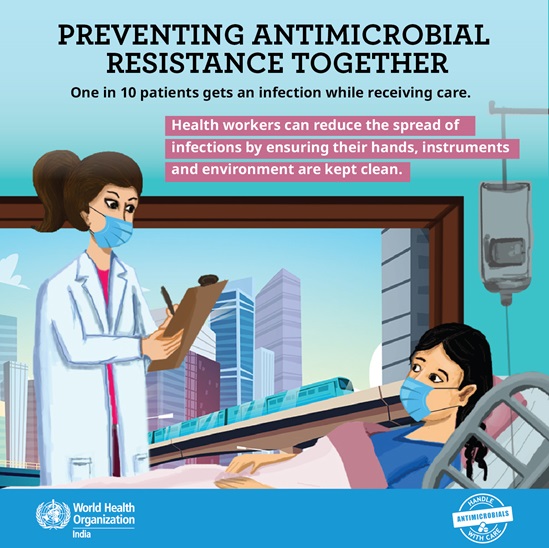
Occupational Health
Occupational health deals with all aspects of health and safety at the workplace with special emphasis on primary prevention of hazards. The health of the workers has several determinants, including risk factors at the workplace leading to cancers, accidents, musculoskeletal diseases, respiratory diseases, hearing loss, circulatory diseases, stress related disorders, communicable diseases and others.
Employment and working conditions in the formal and informal economy embrace important determinants such as working hours, salaries, workplace policies concerning maternity leave, health promotion benefits and protection provisions, amongst others.
Safety and health of workers has a positive impact on productivity and economic and social development. Prevention should form an essential part of economic activities. To ensure sustainable and fair economic growth, having the highest standards of safety and health standard are just as important as business performance, profits and bottom line.
Recognising that occupational health is closely linked to public health and health systems development, WHO is addressing all determinants of workers' health, including risks for disease and injury in the occupational environment, social and individual factors, and access to health services. WHO’s work on occupational health is governed by the Global Plan of Action on Workers’ Health 2008-2017, endorsed by the World Health Assembly in 2007.
Currently only 15% of workers worldwide have access to specialized occupational health services. They mostly carry out prevention of occupational risks, health surveillance, training in safe working methods, first aid and advising employers on aspects related to occupational health and safety.
In India, constitutional provisions form the basis of workplace safety and health laws. It is the duty of the state to implement policies that encourage workplace safety and health of workers.
The major occupational diseases/morbidity of concern in India are silicosis, musculoskeletal injuries, coal workers' pneumoconiosis, chronic obstructive lung diseases, asbestosis, byssinosis, pesticide poisoning and noise induced hearing loss. The Directorate General of Factory Advisory Services & Labour Institutes (DGFASLI) is an attached office of the Ministry of Labour & Employment, Government of India. It serves as a technical arm of the ministry and assists in formulating national policies on occupational safety and health in factories and docks. It also advises factories on problems concerning safety, health, efficiency and well-being of every employee.
Technical links



